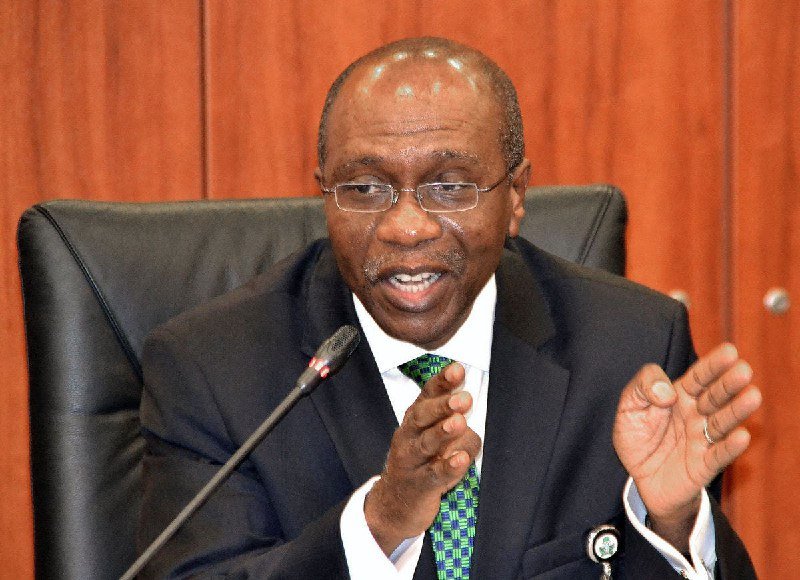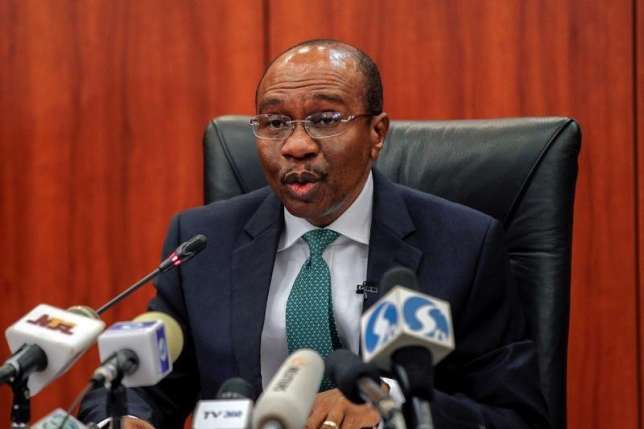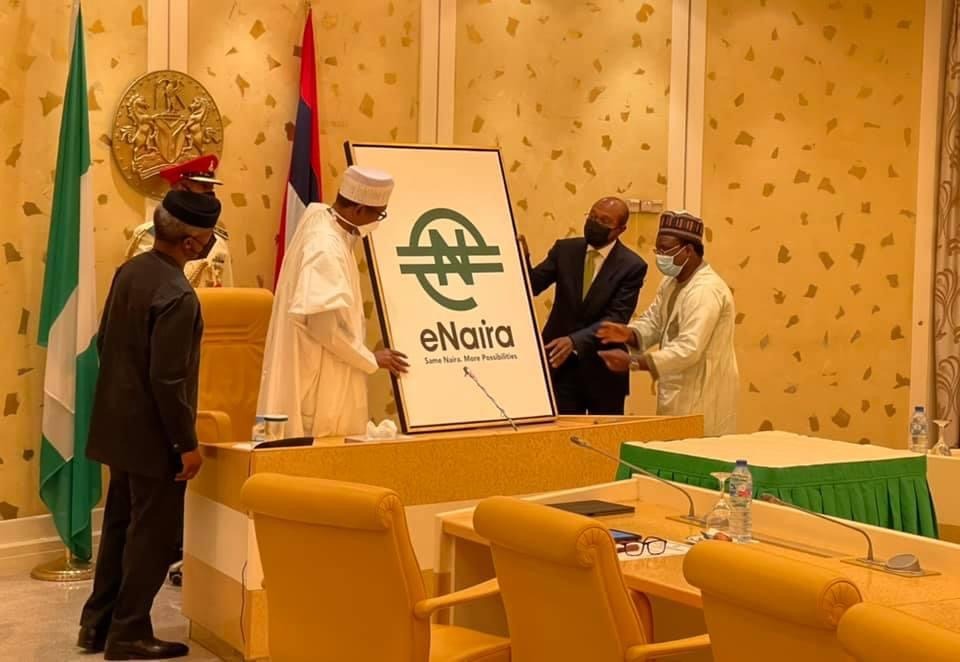In the face of the cashless policy, the Central Bank of Nigeria, CBN, has advised Nigerians to adopt other payment channels such as the eNaira and online banking.
This is against the backdrop of the difficulties that Nigerians are experiencing as a result of the naira redesign and naira swap.
Mr. Osita Nwanusobi, Director, Corporate Communications Department of the Central Bank of Nigeria, stated during his speech at the recently finished 44th Kaduna International Trade Fair that the new currency policy is not targeted at any individual as has been implied in the public arena.
New Naira: Things To Know About Supreme Court’s Ruling
Speaking on the theme “Increasing Value Addition for Economic Growth and Development,” he remarked that at this critical juncture, promoting value addition to the country’s exports is vital for economic growth and development.
According to Mohammed Abbah, CBN Director of Capacity Development, “the CBN Governor, Mr. Godwin Emefiele, has always said that the policy is not targeted anyone or any group of persons, but rather derived from the Bank’s in-house analysis to strengthen our macroeconomic fundamentals and improve our socioeconomic conditions.”
On the naira redesign, he stated that the primary goal of the bank is to make the country’s monetary policy decisions more effective, assuring Nigerians that inflation has been trending downward and exchange rates have been largely constant.
CBN Discouraging Cashless Policy With New Charges On Electronic Transactions – Nigerians Cry Out
He went on to say that the CBN’s goal with this program was to improve financial inclusion in the country by reducing the number of unbanked people, as well as to support the efforts of security agencies in combating banditry and ransom-taking in Nigeria.
According to him, the CBN is aware of the difficulties that some residents have encountered in recent weeks in attempting to obtain funds from their banks or through alternative channels, emphasizing that there have been instances of occasional transaction failures.
He guaranteed that the Nigerian payment system infrastructure is strong enough to manage the increased volume of transactions across all channels.
Osita noted that the CBN’s Produce, Add Value, and Export (PAVE) option is similar to South-East Asia’s export-led industrialization policy, which transformed the economic fortunes of the Asian Tigers-Hong Kong, Singapore, South Korea, and Taiwan, pointing out that the concept is designed to be key for fast-tracking a bucket of substitutes to crude oil export, whereas PAVE encourages backward integration for the local production of select items.
Military Operations Affected By Naira Redesign – Ndume
He noted that with PAVE, the CBN strives to establish a proper relationship between agriculture and the manufacturing sectors of the Nigerian economy, while also providing a buffer against volatility in crude oil output and export.
Follow us on Facebook












